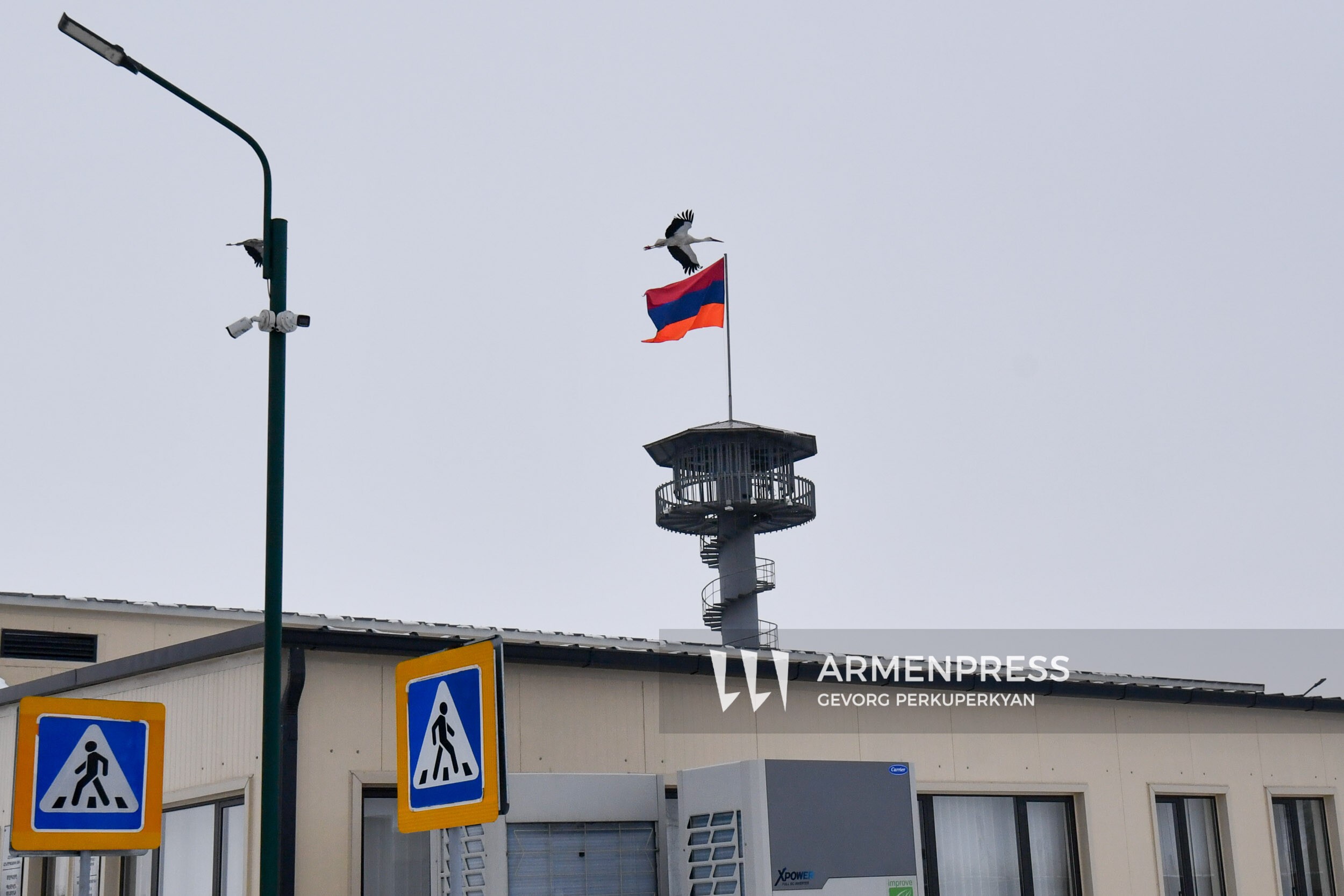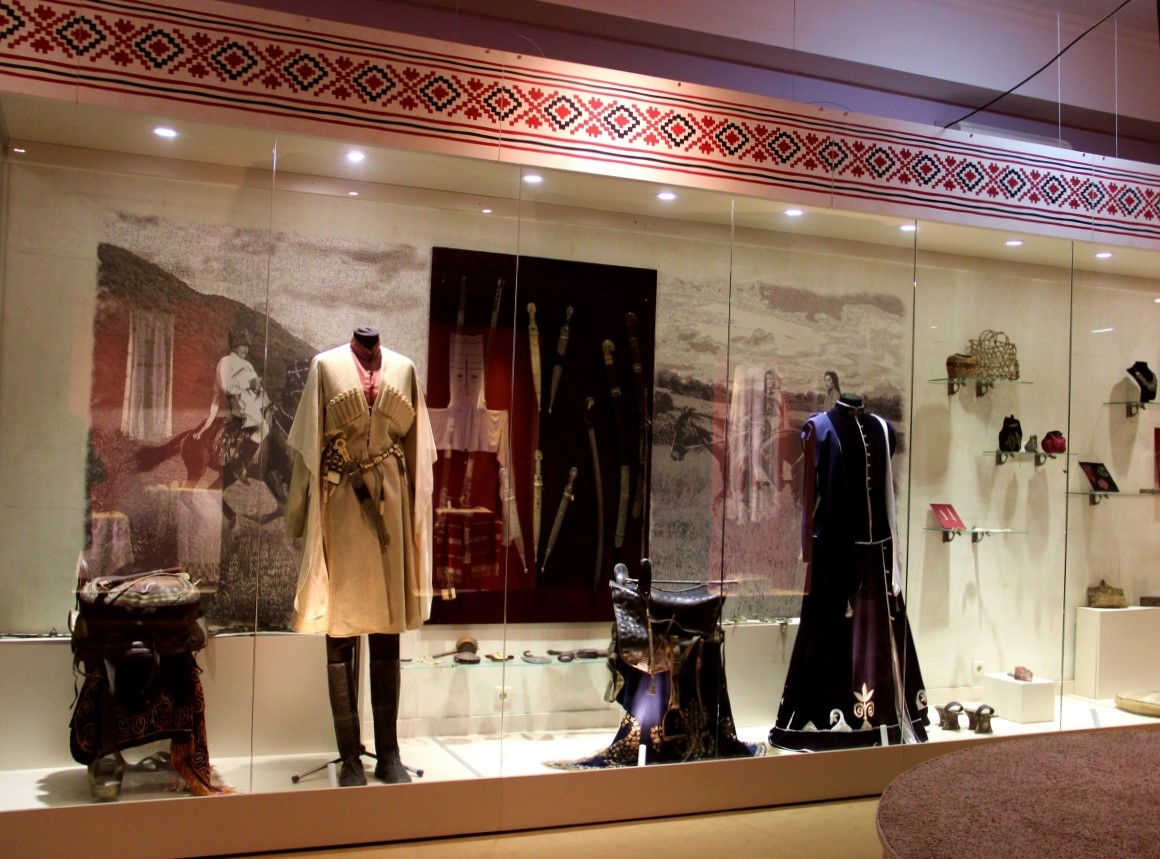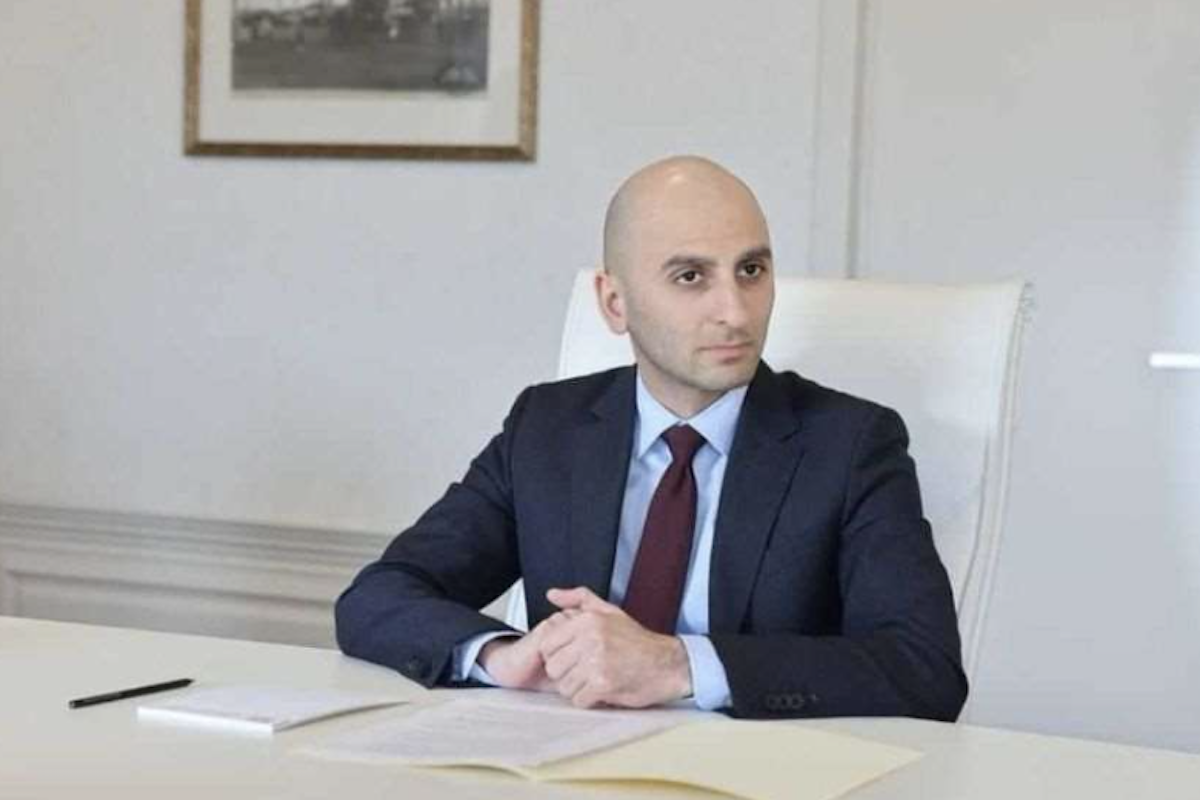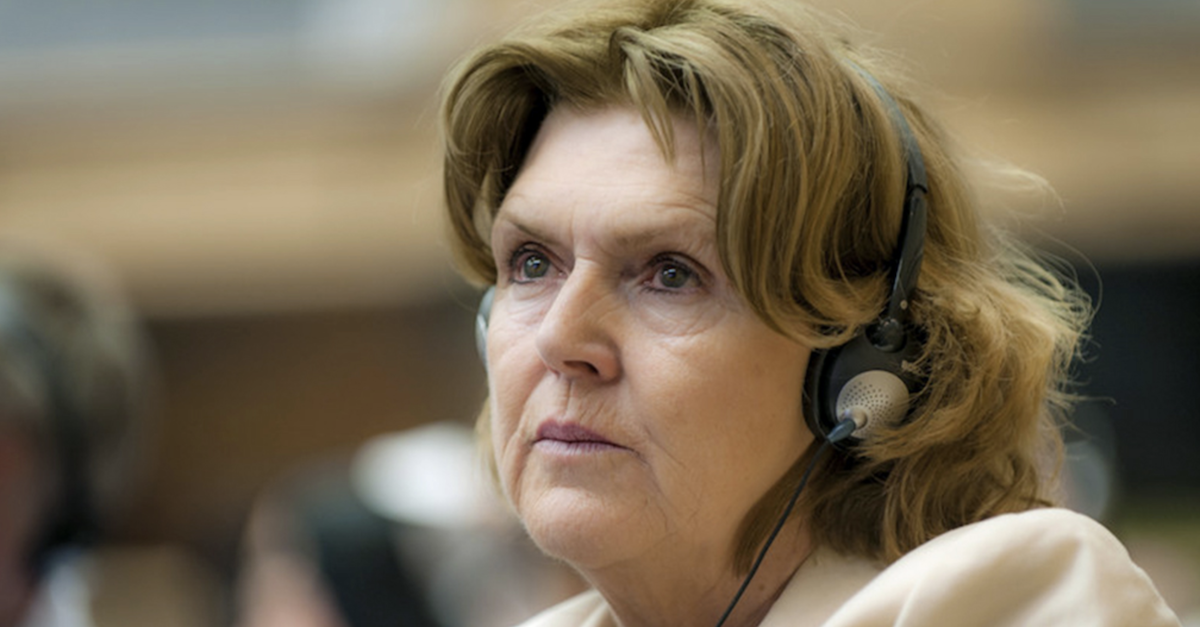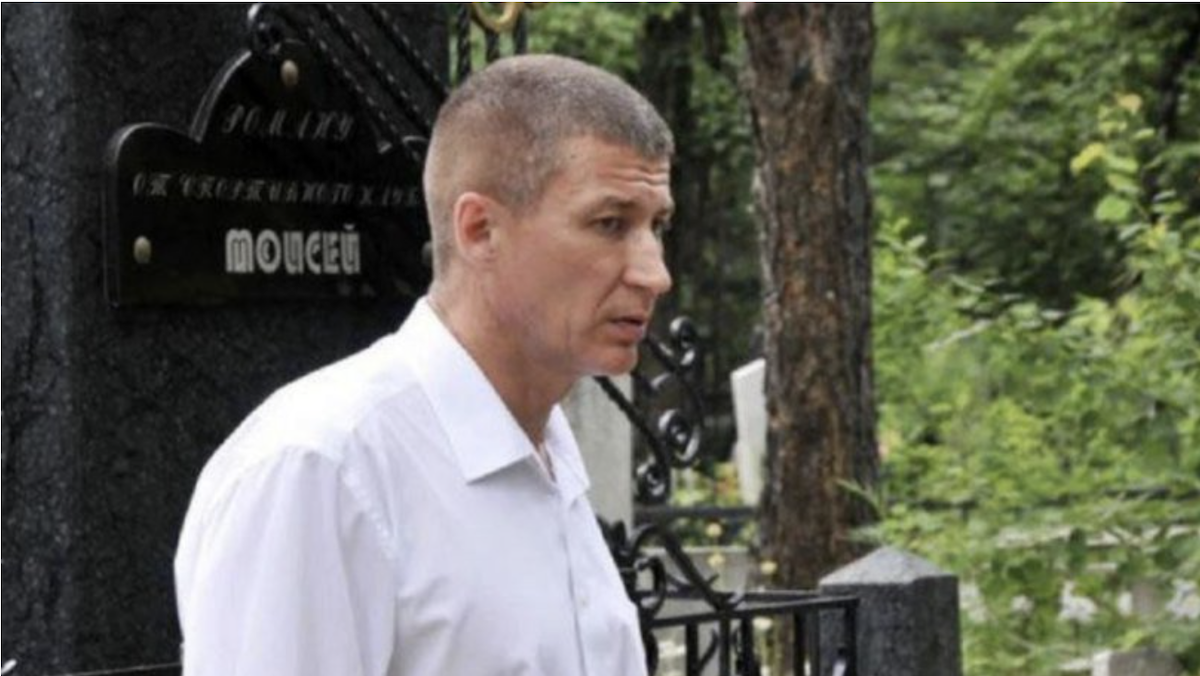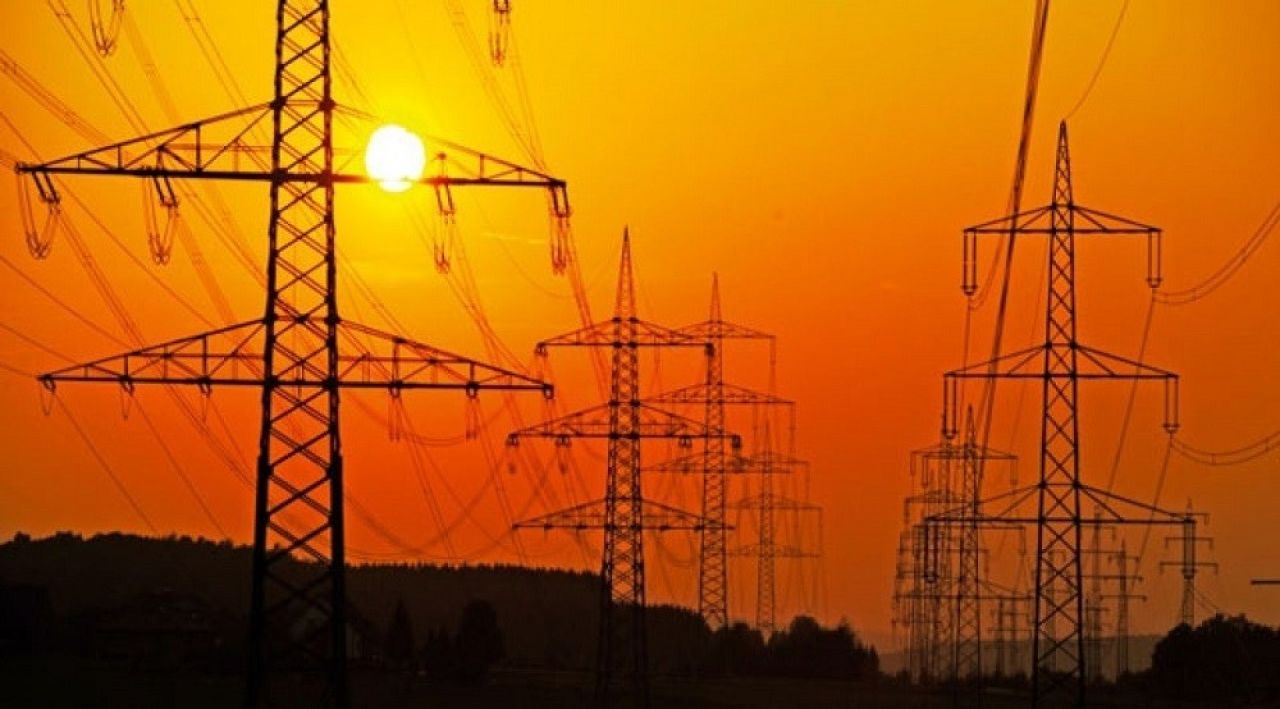'Frozen season': How the pandemic affected Georgia's winter resorts
In February 2021, one of the most popular winter resorts in Georgia, Bakuriani, was almost completely empty.
Due to the outbreak of the COVID-19 pandemic, the government shut down all winter resorts for the 2020-2021 season – despite the discontent of the local population and the concerns voiced by business owners and public organizations.
The decision to partially reopen winter resorts was only announced on February 24. Nevertheless, many experts believe that this will hardly be able to help restore the local economy or benefit people employed in winter tourism.
Belated opening
On February 24, the Georgian government announced a gradual removal of Covid-19 restrictions, which included the complete shut down of all winter resorts. Starting from February 25 hotels and winter resorts began to reopen in compliance with strict sanitary measures. From March 8, ski lifts will be able to operate and restaurants and cafes will be allowed to serve guests indoors (from February 15, restaurants and cafes were only allowed to offer their services in open areas).
- Tourism, the pandemic and the lounge chair renter. Video
- “Become more Catholic than the Pope” Georgian experts on ways out of the economic crisis
- Georgia: what fate awaits tourism?
As of February 24, Georgia ranks 14th in the world in terms of the number of cases of coronavirus per million people, as the total number of confirmed cases has reached approximately 270,000 people, and more than 3,400 people have died.
From the very beginning of the pandemic, the borders of Georgia mostly remained, closed, and the country was practically inaccessible to foreign tourists. However, during the summer, local resorts were able to accommodate domestic tourists.
The second wave of COVID-19 hit Georgia in the fall, and since mid-November, the authorities have imposed a new set of strict restrictions and reintroduced a curfew. As a result, the winter resort season has been practically destroyed.
Associate Professor Otar Abesadze considers the complete closure of winter resorts unjustified. In his opinion, winter resorts offer the least risky environment in terms of the spreading of the virus, and the government’s decision to shut them down has brought significant damage to the country’s economy.
“It is too late to reopen these resorts now, and, in my opinion, there is no point in doing that”, Dr. Abesadze said.
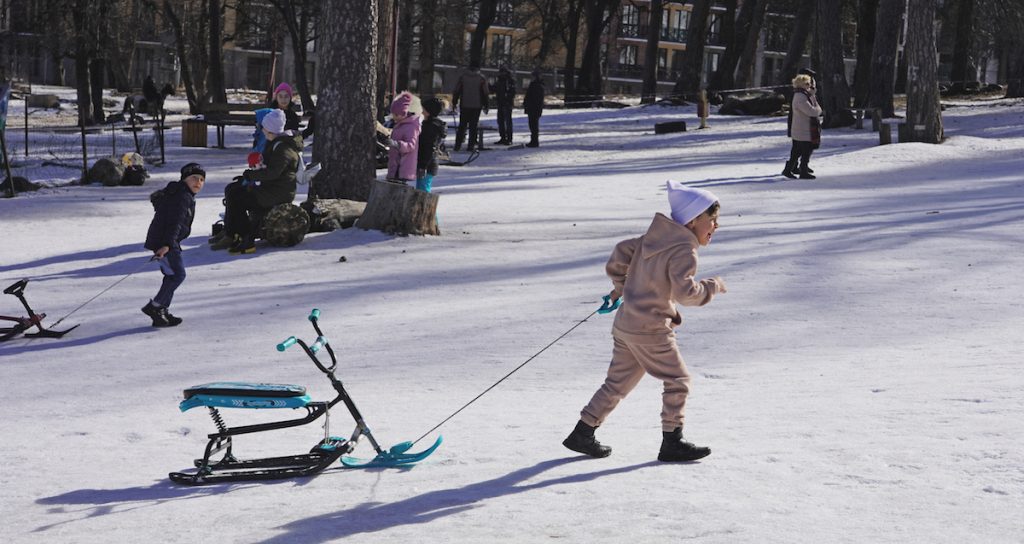
Lockdown and how it affects the local economy
Bakuriani Park, which is usually filled with children and their parents, is now half-empty, with only a few rare vacationers walking around. Several stalls with candy, balloons, and toys, and rows of children’s sleds for rent await the arrival of new visitors.
The street merchants ask us not to film them.
“They filmed us once and it all got even worse. The next day we were kicked out of here”, explains the owner of a grey pony.
“We are in such a hopeless situation, I don’t even know could possibly help us. The season has completely failed. Not even a quarter or a third of the usual number of visitors have arrived this year and banks are ‘choking’ us every day. I don’t know what to do, we can only pray that God will help us,” says a saleswoman from a small kiosk.
GeoStat findings show that in January 2021 the economy of Georgia contracted by a record 11%, compared to January 2020.
Preliminary data of the research organization Galt & Taggart shows that as a result of the lockdown, the Georgian economy loses an average of 16 million lari [about $4.8 million] per day, while in 2020 Georgia lost approximately 1 billion lari [about $300 million].
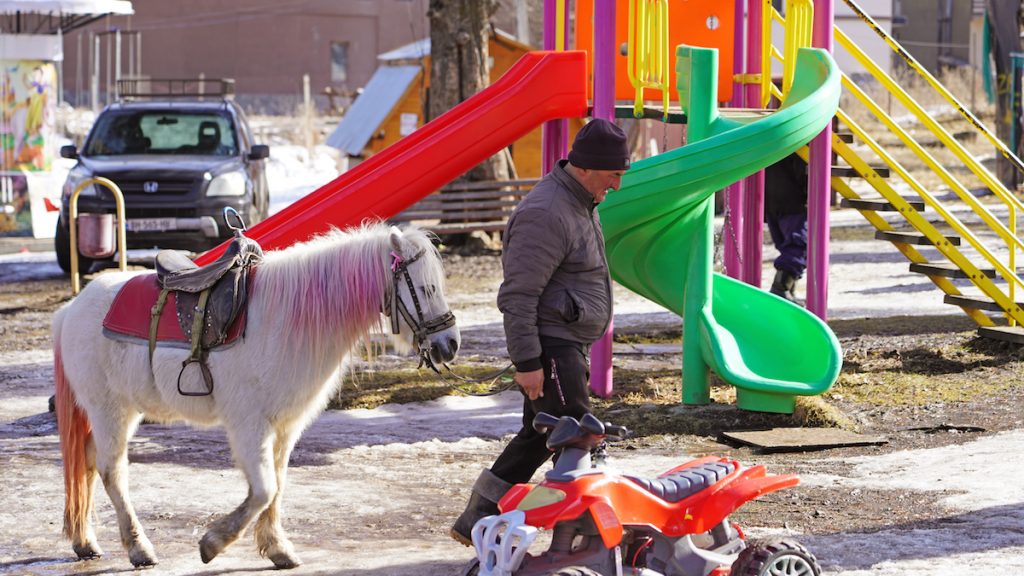
The biggest damage was caused to the tourism sector, which had its revenues decrease by approximately 80% in 2020, compared to 2019. Policy and Management Consulting Group (PMCG) stated that the number of foreign visitors in January 2021 decreased by 94.5% compared to January last year.
In 2014-2019, the number of visitors to Georgian ski resorts increased by 21%. However, between 2019-2020 the number decreased by 20%, and in 2020-2021, it almost dropped to a zero.
The same study shows that compared to January 2020, the average price index of 3, 4, and 5-star hotels fell by 18.5%, and the price index of family hotels decreased by 20.7% in 2021.
Landlords who continue to rent out houses and apartments in Bakuriani had to reduce fees by almost 80%.
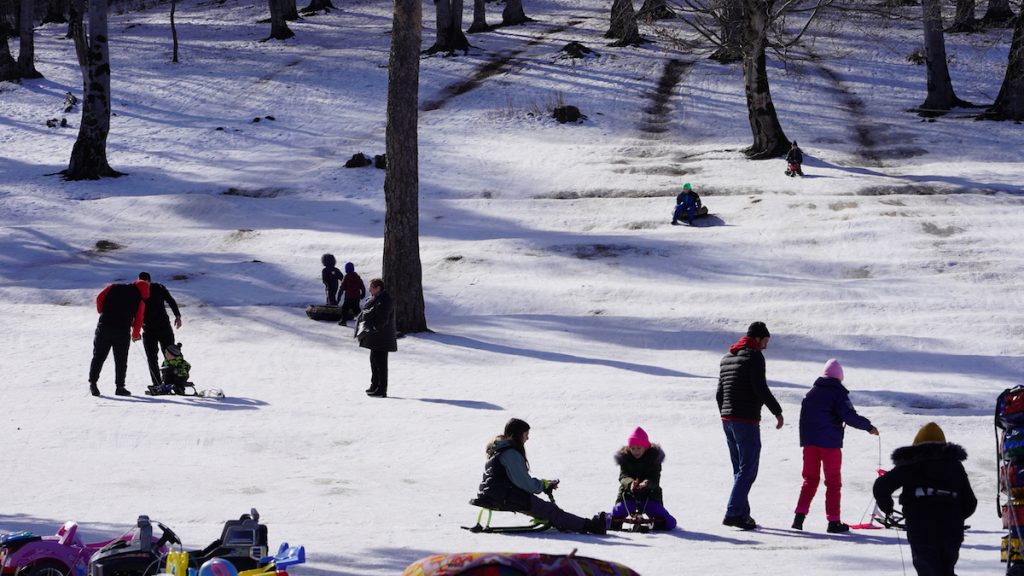
The founder of Protect Mountain Resorts movement, Giorgi Salukvadze, said that he had a meeting with government officials and representatives of the Center for Disease Control. Salukvadze presented authorities with a study conducted by members of various business associations, the findings of which demonstrated that if the rules are followed, the opening of mountain resorts will be completely safe. However, the authorities refused to consider Salukvadze’ss recommendations.
“We even suggested imposing stricter rules, such as banning all alcohol and music festivals in the mountains. We provided comprehensive and well-reasoned answers to all their questions. We also suggested that this year could be used as a kind of rehearsal in case we would still have to fight the virus next year. But no one listened to us, they just went on to do whatever they wanted to do”.
“At this stage, our main priority is to protect wellbeing and health of the public and follow the recommendations of epidemiologists”, the press service of the Development of Mountain Resorts branch of the Ministry of Economy and Sustainable Development told us.
“The whole country is going through a tough time and the tourism sector has been hit the hardest. This is not only an issue of mountain resorts. We do what we are told (by the epidemiologists) and we can’t do anything else”, says Tamta Yashagashvili, head of the Development of Mountain Resorts’ PR department.
At the moment, a total of 315 mountain resorts remain open in the world – mainly in America, Canada and Australia, and 80 more resorts are expected to reopen in the near future.
In Europe, for example in Switzerland and Austria, ski lifts operate with strict adherence to the rules, but only for local tourists. In France and Italy ski lifts have not yet started to operate.
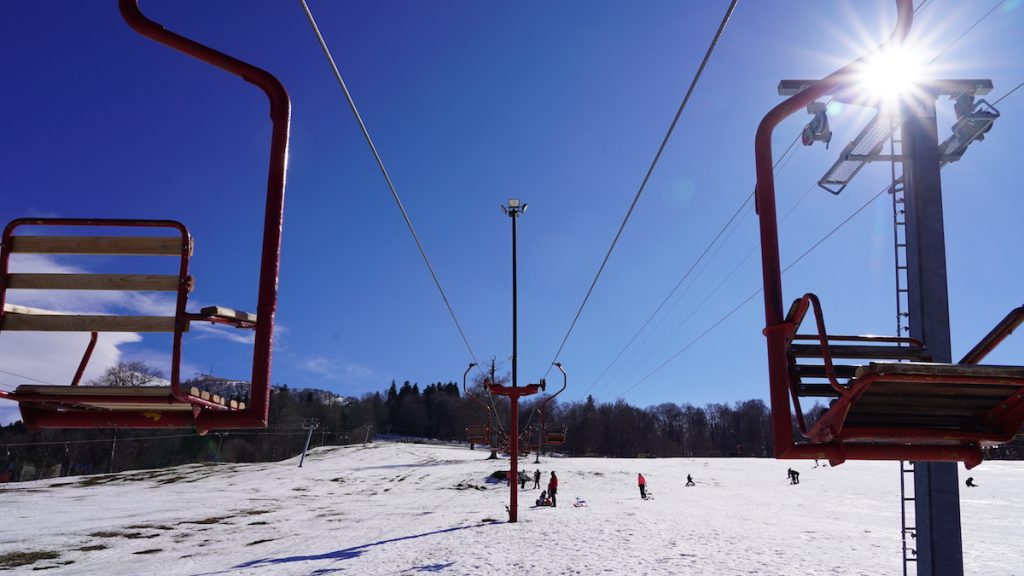
“Visitors only buy bread”
“We only have this one season, we live off the money we earn during the season and we have no other income. In the capital rallies are held, metro and buses now operate, so what’s the harm in having two people get on the cable cars? It would have helped us, at least a little”, says an elderly saleswoman in a stall.
Another saleswoman notes that in addition to the scarce number of visitors, the amount of money they spend during the winter holidays has also decreased noticeably:
“Visitors don’t buy anything. They have no money. They come here for the change of climate, not to spend money. They only buy bread”.
The only way to spend time for the few vacationers in Bakuriani this season is to go on long walks or to have snowball fights. However, there too, they had little luck, as almost no snow was left by the time they got there. The sun is shining, and the snow that was falling heavily a few days ago is slowly melting.
Only a few children drag their sleds up the half-melted track.
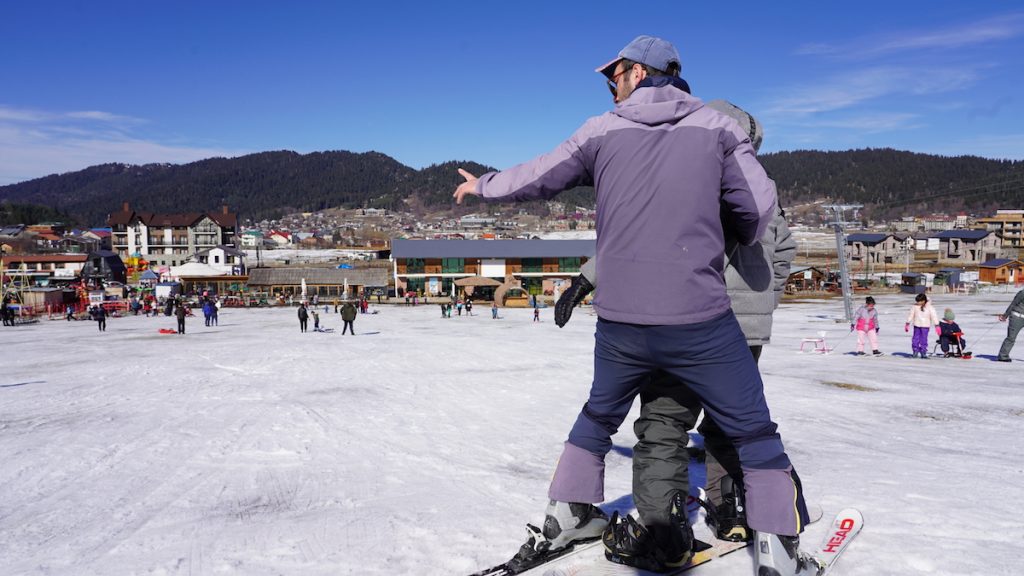
Salome and Jacob rent out skiing equipment.
“We came from the village. Usually, we work here all season, and then we live off the money we’ve earned. Last year we missed half of the season because there was no water, and this year things are really bad. The local population is in a very difficult situation, and I do not know what we can do about it”, says Salome.
The only help from the state that Salome and Jacob received during the pandemic was a one-time payment for self-employed individuals who were left with no income. Salome and Jacob ended up receiving 300 lari [about $100].
“We arrived recently, in February. However, now I can only think about how to earn money for the trip home”, says Salome and tries to lure in rare vacationers.
Opposite them, several guys are sitting on horseback, posing and asking to be photographed – this is how they have fun in the absence of those who want to ride a horse or take a picture with one.
Economist Otar Abesadze recalls that winter resorts also suffered last year – the pandemic broke out right at the end of the winter season.
“40% of tourism revenues in Georgia come from winter resorts. Up to 120,000 people are employed in this industry, and they have been left with no source of income for the second year in a row. But the risk of the virus spreading in the mountains is very small, and the economic damages that the lockdown brings are great”, Abesadze says.
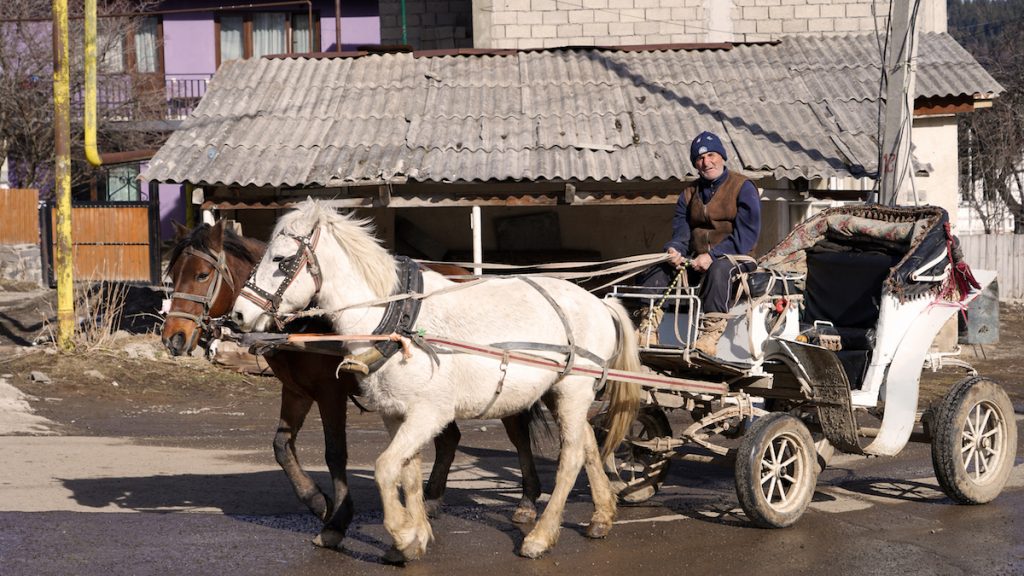
Uncertain future
Meanwhile, in 2023, the World Freestyle Championship is to be held in Bakuriani, thus, the resort should now begin to prepare for the upcoming competition.
“When you prepare for such a serious championship, you need good hotels and good service, because a lot of tourists will come and more people will get to know Bakuriani”, says Giorgi Salukvadze, founder of Defend Mountain Resorts:
“However, since this year’s season has completely failed, the resort will not be able to prepare, and guests will see what we see now – unkempt and undeveloped infrastructure. This too will only be possible if small hotels and apart-hotels manage to survive”.
Bakuriani’s infrastructure was a big problem even before the pandemic. The chaotic development of recent years has led to a variety of issues that are yet to be resolved.
Urban architect, professor Lado Vardosanidze has not visited his favorite resort for many years.
“I don’t go there anymore, because the last time I visited I saw exactly what is happening everywhere else – an unbridled desire to snatch, divide and seize land. This is the true face of wild capitalism, which manifests itself in completely ill-conceived, chaotic buildings and dilapidated infrastructure”.
However, in the midst of the COVID-19 pandemic and with the complete isolation of the resort it is also unclear whether the existing infrastructure can be maintained even in its current state.
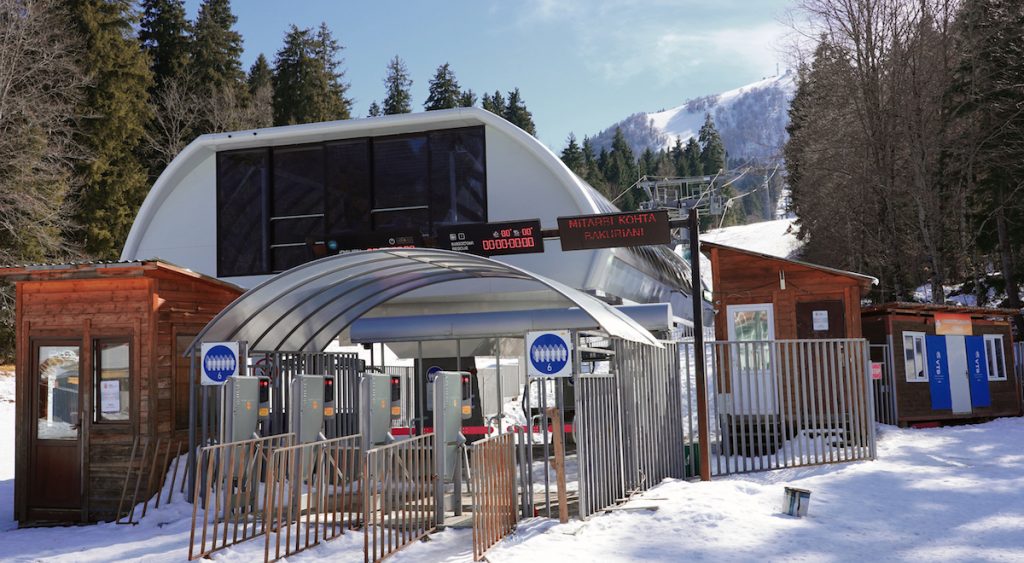
“It is very important to remember that people have rebuilt and developed this resort themselves, using bank loans that they took out. In my opinion, the state should offer winter resorts at least a full tax amnesty for one year. Otherwise, it will take at least five years for this area to return to the state in which it was in 2019 level. I think that it is obvious to everyone what damage this will cause to our economy”, says Otar Abesadze.
Miho opened a small family-run hotel in late 2019. He started the business with high hopes and was forced to close the hotel down due to quarantine. In summer, his hotel reopened in accordance with all regulations, although in reality there were practically no visitors staying there.
“After a bad summer, we were hoping for this winter, but we were closed all season. Nobody starts a business with deferred money. Such cases start with high hopes and bank loans. In the end, the loan remained, but our hopes turned out to be false. I don’t know how long we will last”.
27-year-old Bacho is trying not to lose hope and this year, just like the year before, he works as a snowboard and ski instructor. However, Bacho said that he does not earn even 1% of what he used to earn in previous years.
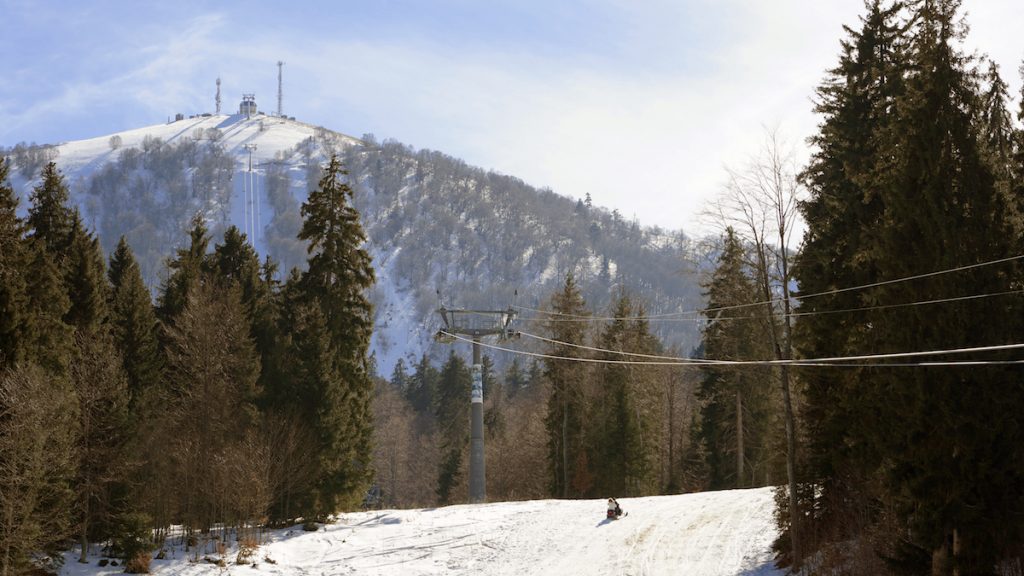
Due to the inoperative cable car, children have to drag their skis up to the middle of the track. Some of them rent a snowmobile, but not often, because one trip up the mountain costs 10 lari [about $ 3].
At the foot of Mount Kokhta where the trails for more experienced skiers are located, one can see a few people. Several relatively experienced children try to climb and descend the mountain.
The parents of the children tell each other how expensive it was to take their families to Bakuriani this year. At the same time, they believe that closing the ski lifts was the right decision:
“There would have been lines of 200 people waiting for the cable car, and that would be very bad”.
To the delight of children and parents, it suddenly starts snowing again, and the skip lift at the top of Kokhta is hidden behind the fog. However, even snow will probably not be able to greatly improve the situation in Bakuriani.
With the support of RLNE










